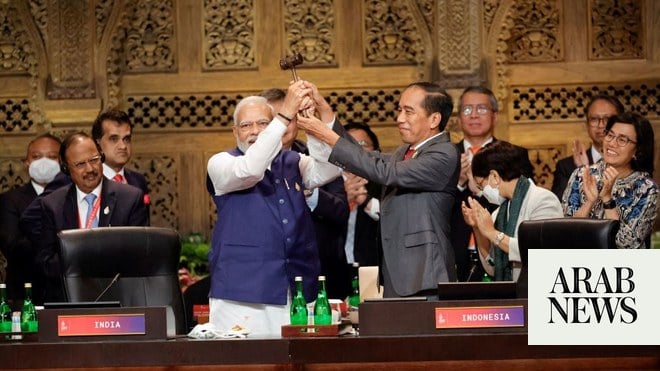
If you relied only on common sense and the average news coverage, you could be forgiven for underestimating the scale of the crisis that is about to unfold.
The news is full of scandals about advisers undertaking implausibly long-distance eye tests and, after such a shattering human tragedy, it does not emotionally feel possible that the world is about to experience its worst economic collapse. The fact that we may be just 10 years from the tipping point for catastrophic, runaway climate change is even more unfathomable.
In this moment of convulsion, in which we will most need our compassionate and internationalist instincts, so much of the world is being ruled by nationalist demagogues. In their hands, this crisis will become a setting for shock doctrine and the UK will be at the sharp end. Brexit gives Boris Johnson an opportunity to reshape the British economy, signing trade deals with Donald Trump and scrapping rights and protections for workers, consumers and the environment. The rights of millions of migrants are also set to be downgraded and EU negotiators are alarmed at how determined the UK seems to be to opt out of some human rights protections.
There was a brief moment, between the 2019 election and the coronavirus crisis, when it looked safe to predict that Johnson’s Conservatives would be a wholly different kind of opponent to that of the austerity Tories. They would combine a more brutal regime for migrants and a deregulating trade policy with big state spending and investment. Now, as they seek to claw back £337bn from public spending, it looks possible that their time in government will be marked by a newer and nastier austerity.
Labour and the wider left have a huge task ahead of them. By 2024, it will be too late to undo much of the damage. A movement of resistance against the onslaught on jobs and public services, on migrants and many basic rights and protections, will have to be urgently built. In the Jeremy Corbyn years, social movements and industrial action tailed off. The left will now have to take its demoralised activist base from cheering on the old Labour leadership to organising protests against NHS privatisation, strikes against a new wave of cuts, rent strikes and direct action in a matter of months. As well as mobilising big numbers, any new movement will need to be disruptive and militant if it is to be effective.
Sooner or later, this situation will leave Keir Starmer in an awkward position. On one hand is his instinct to be cautious, and his respectability offensive aimed at winning over middle-ground voters. On the other, his promise to stay true to the radical policies of the Corbyn period, to inspire voters and to be in tune with the grassroots of the party. If he opts for an approach anything like that of Ed Miliband, who infamously refused to back strikes during the anti-austerity movement of 2011, his credibility and popularity will be shattered.
To navigate the coming storm, the left will have to be bold, but so too will the Labour leadership. Starmer must situate Labour as the centre of a wider movement against the new austerity and the Tories’ Brexit plans and he must go on the offensive. As Starmer himself has argued, there was never anything to be gained by Labour giving ground to rightwing narratives about immigration. And there is no public support for cuts or for economic deregulation. Every attempt to enact them must be met with resistance and a radical, alternative vision – at the dispatch box and in the streets.












